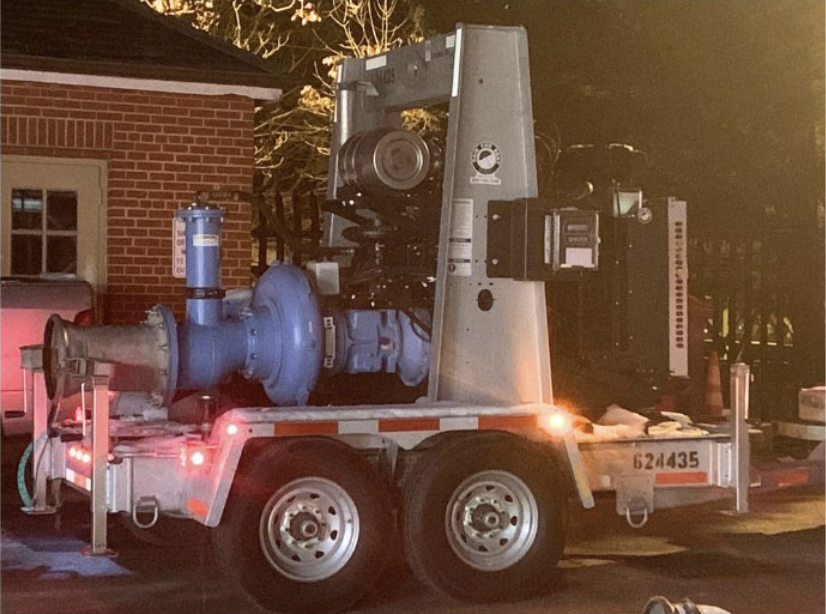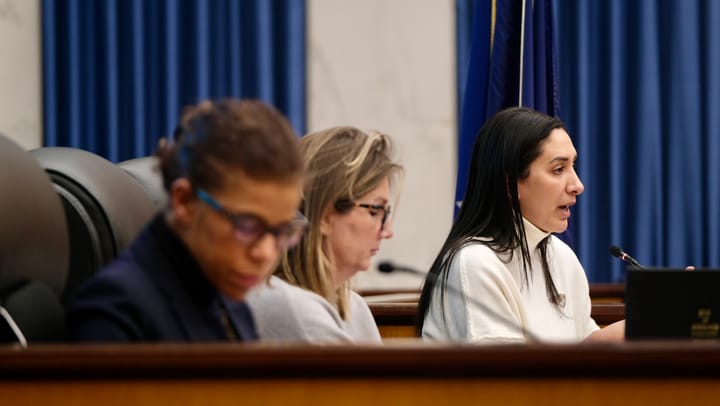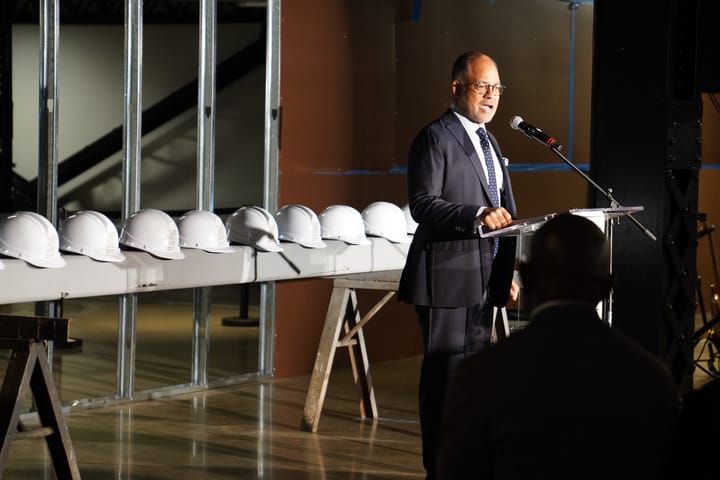Richmond Poetry Fest continues to grow, one verse at a time
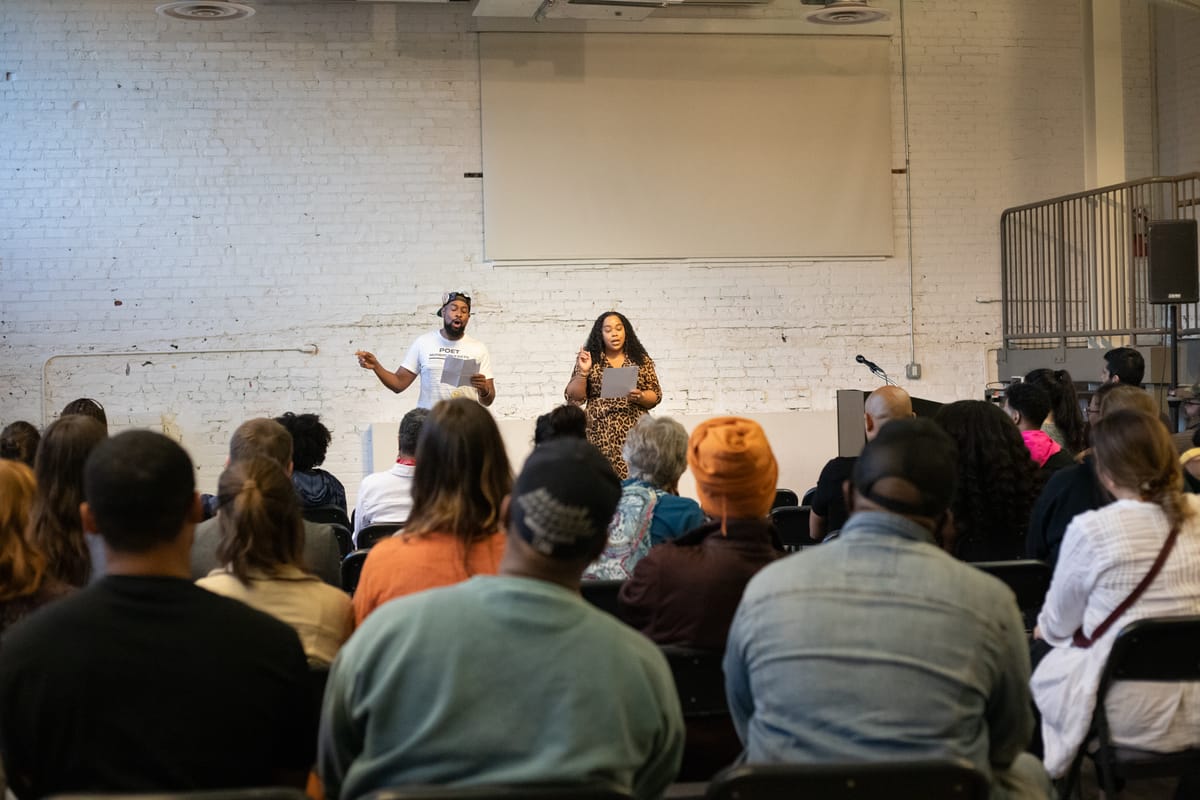
Richmond Poetry Fest celebrates its third year this weekend, transforming the Visual Arts Center of Richmond into a vibrant hub of language, performance, and connection. At its core, organizers say the event isn’t just about poetry — it’s about people.
“Writing is one of those things that, if you have community, then you’re already being pushed ahead,” said Rosa Castellano, one of the festival’s original organizers and the first writer-in-residence at VisArts. “What do writers need? Beyond money to sustain your life — it’s community.”
This year’s fest, which runs April 11–12, marks an exciting milestone: it’s the first time the festival has received grant funding.
Castellano, reflecting on the growth of the event, called it a “baby,” adding, “This is our third year. This is the first year we got grant money, and that’s super exciting because trying to pay people is super important.”
The festival’s mission, much like VisArts itself, is rooted in accessibility and inclusion. From free workshops and open mics to student showcases and high-energy slams, every element of the program is designed to welcome both seasoned poets and first-time readers and writers.
“We really believe in having no barriers, so folks can grow in their craft and meet people to be in community with,” Castellano said.
Richmond Poetry Fest began as a passion project among VisArts’ writers-in-residence — poets like Castellano, Laura Chow Reeve, and Emily Okamoto-Green — who wanted to amplify the quiet but rich writing community already embedded in the center’s visual arts programming.
“There’s writers all around, but you can’t see them … and that’s part of the illusion of VisArts — it’s got visual arts in its name, but it has this robust and diverse writing community already there,” Castellano said. “VisArts has a real culture of yes … so there’s a chance to make stuff.”
That “yes” culture is what helped create a festival that welcomes not only poets but also poetry lovers, teachers, students, families, and curious creatives looking for something new.
“Being a writer, or any creator, for that matter, can sometimes feel like a solitary journey,” said Jordan, the Executive Director at VisArts. “So events like Richmond Poetry Festival can be an important place to share your work, hear the work of others in your community, meet people who inspire you or relate to you, and just generally be a place that motivates you to keep going.”
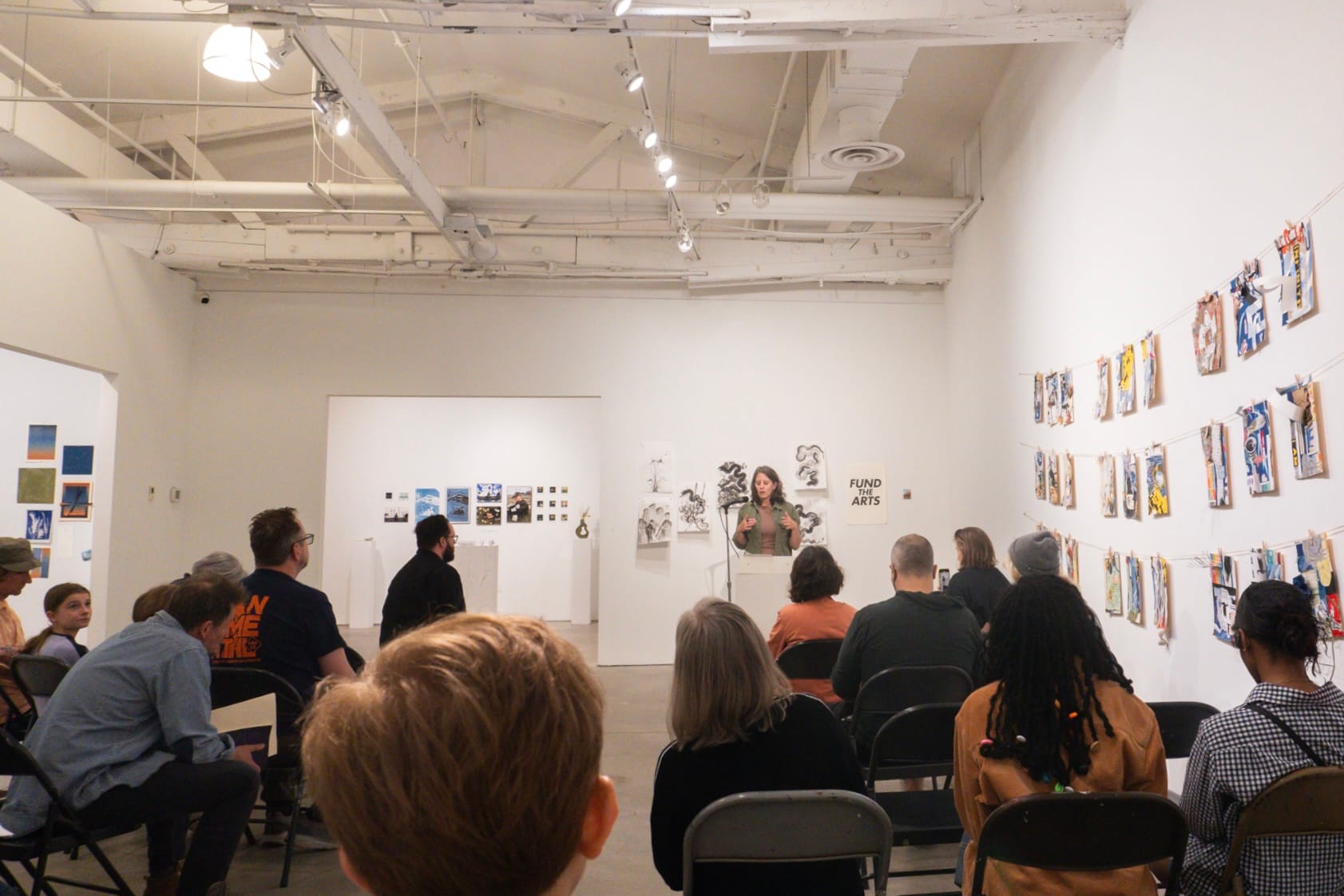
Weekend events
On Friday, that space for connection includes a poetry karaoke event — where people can read their favorite poems aloud. Saturday brings a full slate of workshops, community readings, and performances, including the festival’s first-ever poetry slam, moderated by Richmonder Roscoe Burnems.
Burnems — an Emmy-winning spoken word artist, educator, and Richmond’s first poet laureate — has been a driving force in Virginia’s literary and performance scene. His work explores themes like identity, fatherhood, and mental health, and he’s known for making poetry accessible, especially to young and underserved communities.
“The poetry slam that is closing out the festival is unique to Richmond because it will feature multiple rounds with poems of different lengths,” Burnems said. “This will be the first poetry slam featured at the poetry festival and hopefully not the last.”
For Burnems, slam poetry brings something deeply personal and communal to the stage.
“Poetry slam includes a lot of powerful performances that cover a range of topics from often unheard demographics,” he said. “It is the place where the written word and the oral art meet in a way that is engaging and entertaining.”
And it isn’t just the performances that matter — Burnems said the environment at Richmond Poetry Fest makes space for artists who are often excluded from more traditional spaces.
“At some poetry festivals, poetry slam and spoken word are often left out of the conversations and the event,” he said. “But this one always holds space for us, and that makes us feel more part of the culture.”
That kind of intentionality — highlighting both page poets and performers, established authors and brand-new writers — is woven into every part of the fest. It’s also reflected in the community reading event, where new poets read alongside established poets.
“New poets read alongside established poets. There’s space for everyone,” Castellano said. “We had 45 people lined up to read—and that’s amazing. Some are professors, some have books, and some just took a writing class and have something to say.”
In addition to poetry karaoke, the festival’s workshops also play a key role in building connections and fostering growth. This year, the festival includes a broader selection of free workshops, covering topics ranging from performance poetry to poetic form and expression. These workshops aim to offer a nurturing environment where poets of all levels can learn, improve, and be inspired.
As for what organizers hope people take away from the festival?
“I hope it inspires people to write their own poems and tell their own stories,” Burnems said. “Poetry has been a life-changing experience for me, and I hope that we are creating those moments for others.”


